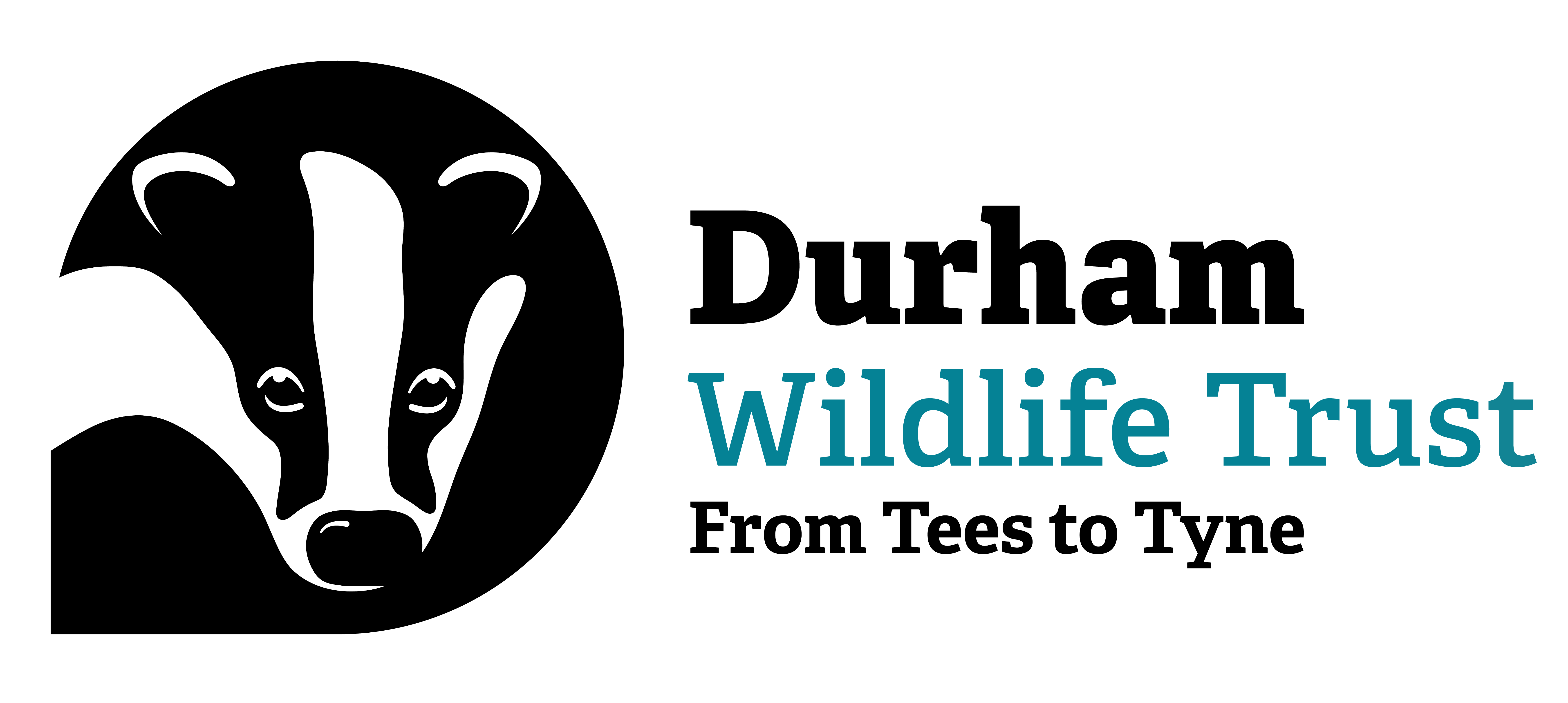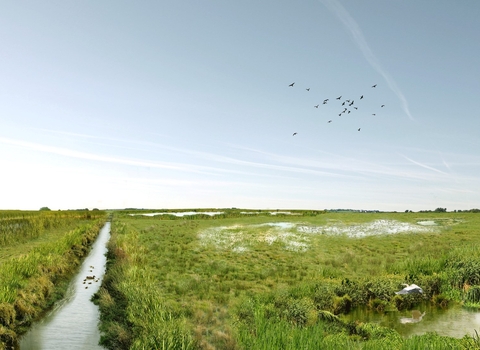
Great North Fen visualisation
Great North Fen
Durham Wildlife Trust has a vision for a Great North Fen. Restored landscapes where nature can recover and wetland habitats will sequester and store carbon.
The Great North Fen is an ambitious project aimed at restoring the Durham Carrs, a historically significant wetland area. The vision focuses on creating a connected, functioning wetland landscape that supports a diverse range of wildlife and helps combat climate change by sequestering carbon.
Key Objectives:
- Restoration of Wetland Habitats: The project aims to restore priority wetland habitats.
- Biodiversity Enhancement: By restoring these habitats, the project seeks to support a wide range of species, from plants and invertebrates to birds and mammals.
- Natural Flood Management: The restored wetlands can act as natural water stores, helping to mitigate flooding.
- Community Involvement: The project involves local communities and stakeholders to ensure long-term sustainability and resilience.
Current Progress:
- Land Acquisition: The Trust has already secured land at Bishop’s Fen, Ricknall Carrs and Mordon Carrs to begin the restoration work.
- Fundraising: Efforts are ongoing to raise funds to support additional land purchases and continued restoration activities. You can donate to support this work below.
- Landowner Engagement: Neighbouring landowners are being supported by the Trust to investigate opportunities for habitat creation on their own land.
This vision represents a significant step towards reversing habitat loss and promoting environmental sustainability in the region. 🌿
Support our vision for a Great North Fen
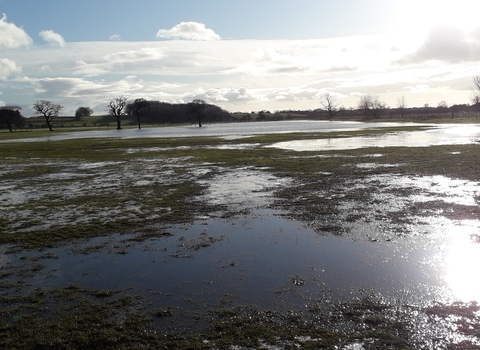
Bishop's Fen
Bishop’s Fen is a 20-hectare site located about a mile south of Bishop Middleham in County Durham on the floodplain of the River Skerne.
The first phase of the Great North Fen restoration, Bishop’s Fen is transforming back into a rich wetland habitat. Works here include creating scrapes and pools to enhance biodiversity. The area supports a variety of wildlife, including flocks of wildfowl and wading birds such as lapwing, curlew, and golden plover. Habitat restoration will benefit these species and many others, helping nature to recover and thrive. The site will naturally flood, with the wetland features created retaining water on the surface to benefit wildlife.
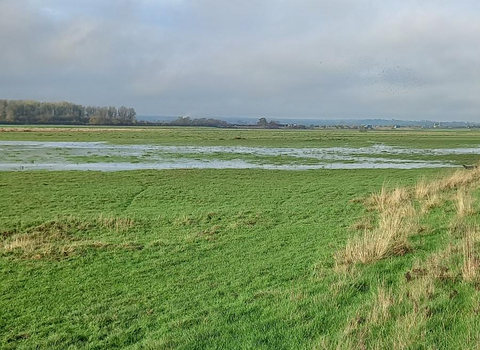
Ricknall Carrs
Ricknall Carrs is a crucial part of the Great North Fen Vision, aiming to restore the historic wetlands of Durham and support a diverse range of wildlife. A 61-hectare wet grassland site located just north-east of Newton Aycliffe, Ricknall Carrs lies between the A1 and the East Coast Main Line railway. Ricknall Carrs is undergoing significant restoration to transform it back into a thriving wetland habitat. This includes creating pools, scrapes, and channels to hold water on the surface for longer periods. The site attracts a variety of wading and wetland birds, including curlew, lapwing, and golden plover. The restoration aims to support over wintering populations of these and other species and provide suitable breeding habitat for breeding waders. The wet grassland and pools can help manage floodwaters by retaining water and releasing it slowly back into the river. The site is managed through conservation grazing, which helps maintain the habitat for wildlife.
Mordon Carrs
Mordon Carrs, near Mordon, County Durham, is the latest phase of the broader efforts to restore and enhance wetland habitats, contributing to the Great North Fen Vision. Once part of the Durham Carrs – a large wetland area that was drained in the 19th and 20th centuries. The aim is to slowly restore wetland habitats on lower-lying sections, which include part of the largest area of lowland peat in County Durham. Species-rich grasslands and wood pasture will be created on the higher ground.
The Trust was able to purchase land at Mordon Carrs through Natural England’s Nutrient Mitigation Scheme for the Tees Catchment and is also delivering Biodiversity Net Gain on the site.
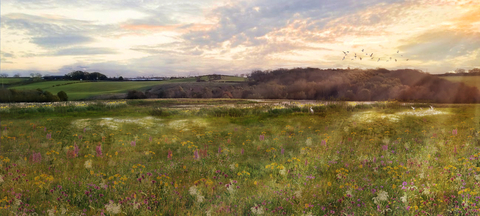
Eco Museum
An ‘Eco-Museum’ is a French idea and is basically a museum without walls. The walks, cycle routes, heritage trails and archives that were created as part of Discover Brightwater are now accessible via our very own eco-museum.
We hope you’ll enjoy ‘roaming around’ this online resource, exploring the heritage and interactive maps and trails you can download.
Begin your journey...
Enter the Discover Brightwater and Great North Fen Eco-Museum
